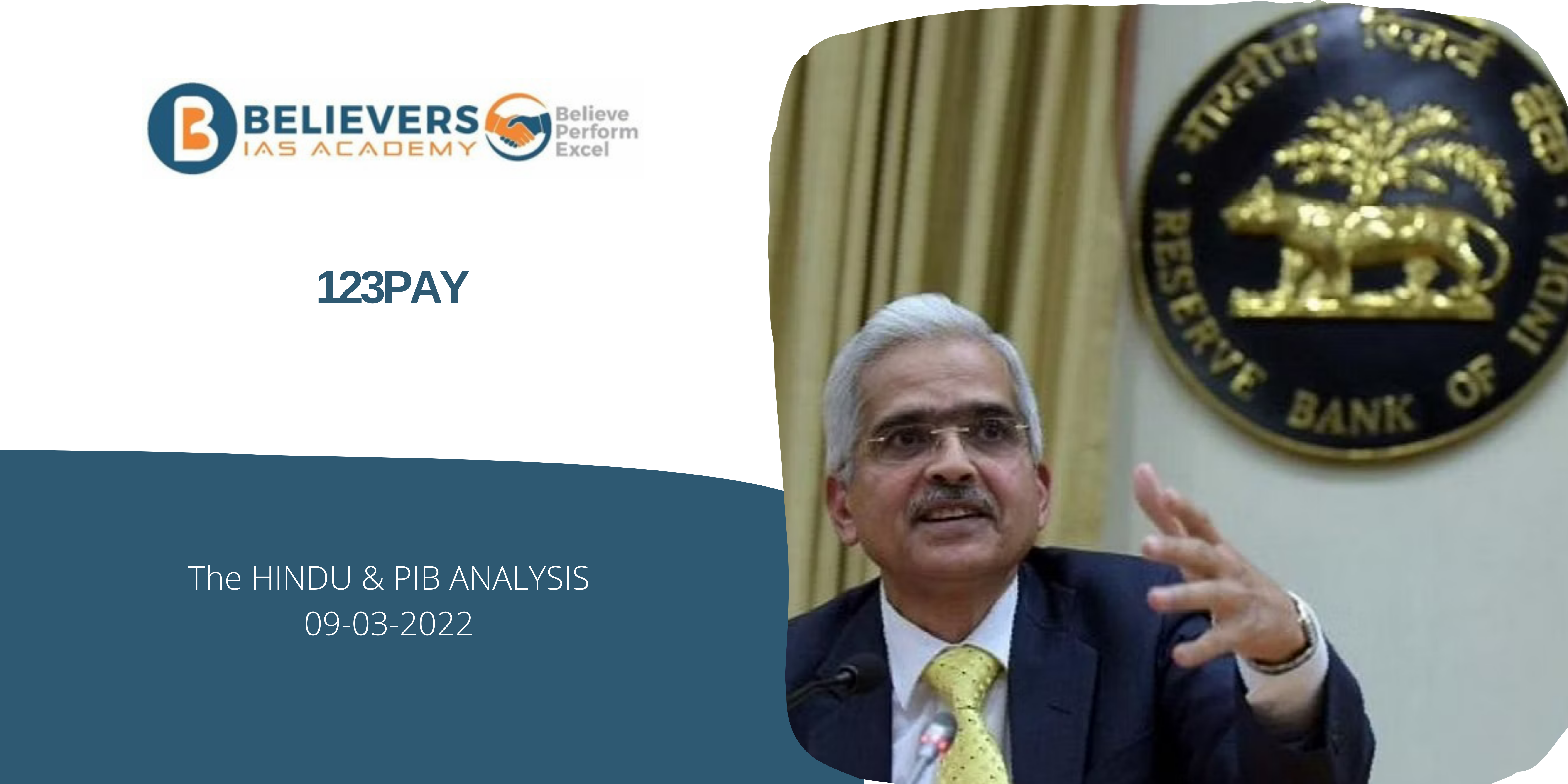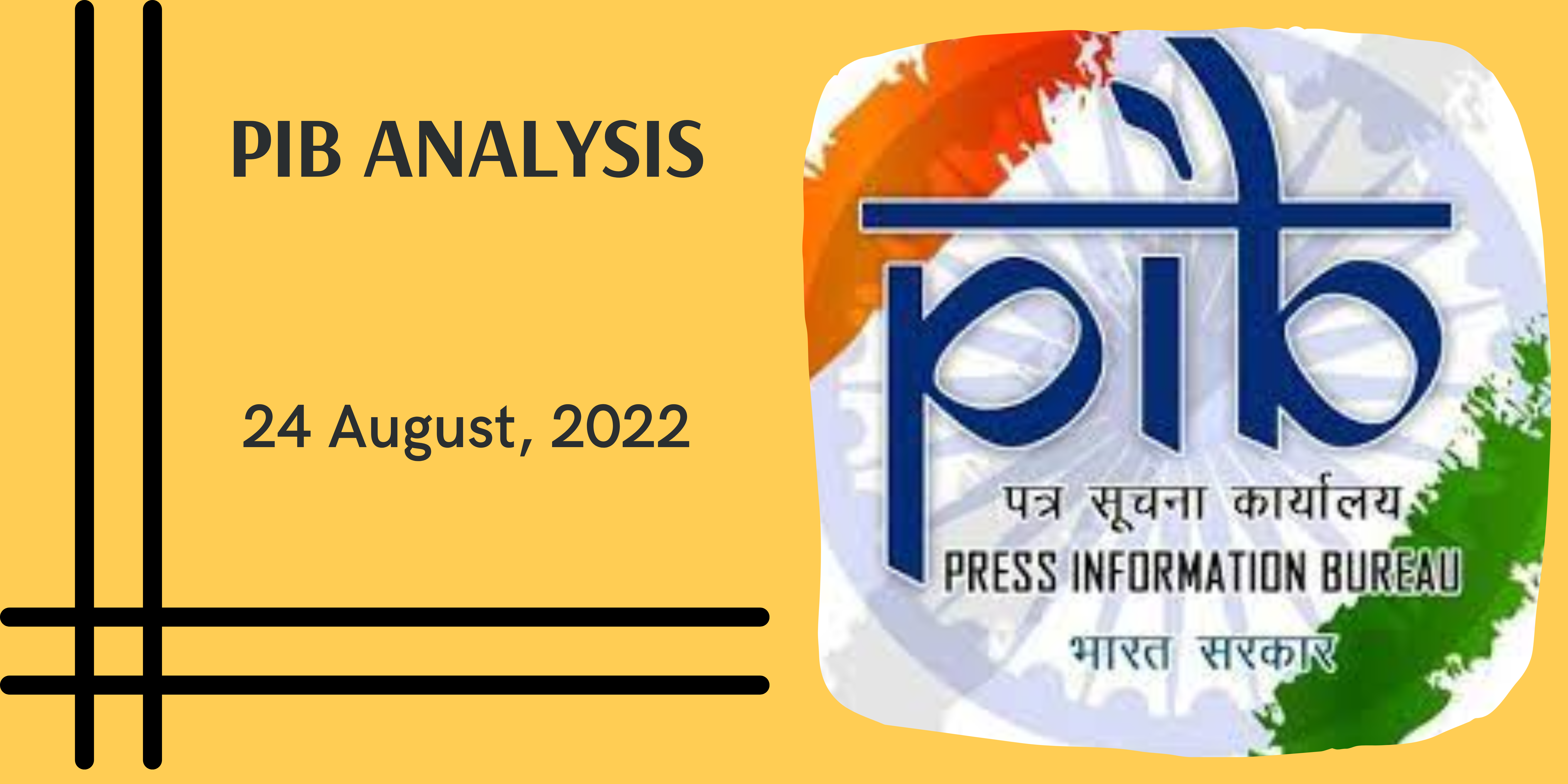India and Maldives
Context:
The recent deterioration in relations between India and the Maldives has raised concerns, particularly following Prime Minister Narendra Modi’s meeting with the newly elected Maldivian President Mohamed Muizzu. A series of tweets by Maldivian Ministers, criticizing Mr. Modi and making derogatory remarks about Indians, triggered the decline. Despite subsequent deletions and suspensions, the damage to diplomatic ties remains. This situation, stemming from the change in government in Male, could have broader implications for India-Maldives relations and regional stability.
Relevance:
GS – 02 (International relations, India and its neighbors)
Prelims:
Maldives, Belt and Road Initiative (BRI), Indian-Ocean, China, Greater Male Connectivity Project.
Background:
- Prime Minister Modi’s social media endorsements of tourism in Lakshadweep sparked a heated exchange involving Maldivian politicians, government representatives, and Indian social media participants.
- While the posts showcased the scenic beauty of Lakshadweep, they notably omitted any reference to the Maldives or other island nations. Subsequently, in response to PM Modi’s social media updates, certain Maldivian users, including government officials, expressed their displeasure through offensive and derogatory remarks targeting both Indians and the Prime Minister.
Dimensions of the Article:
- A Swift Downslide in the Diplomacy
- Geographical Relationship Between India and Maldives
- India’s Historical Assistance to Maldives
- Non-Interference and Unconditional Support
- Crucial Role in Times of Crisis
- Defence Cooperation
- Call for Pragmatism: Navigating Troubled Waters
- Lessons from the Solih Era
A Swift Downslide in the Diplomacy:
- The aftermath of Prime Minister Modi’s visit to the Lakshadweep islands, where he promoted ties with Israel, witnessed a rapid downturn in India-Maldives relations.
- The catalyst was a series of tweets by Maldivian Ministers, attacking Mr. Modi and making disparaging comments about Indians. Despite the tweets being deleted and Ministers suspended, the damage inflicted has prompted serious diplomatic repercussions.
- President Mohamed Muizzu’s choice of Turkey as his first bilateral destination and subsequent visit to China marks a notable departure from the tradition of making India the first priority.
- This shift, coupled with his persistence on India’s military personnel withdrawal, adds complexity to the diplomatic landscape. The historical reliance of Maldives on India as a net security provider in the Indian Ocean is at stake, posing challenges to the previously warm relationship.
Geographical Relationship Between India and Maldives:
- Covering 99.6% of its area with the vastness of the sea, the Maldives consists of over 1,200 islands spanning 90,000 square km.
- Alarming predictions by experts suggest that 80% of the Maldives may vanish by 2050 due to the effects of ‘Global Boiling.’
- In this geographical context, India emerges as the closest neighbor, positioned merely 70 nautical miles away, making it the primary and solitary ally ready to assist the Maldives in times of need.
- As the Tunisian philosopher Ibn Khaldun asserted, destiny is often intertwined with geography, a sentiment profoundly applicable to the close ties between these two nations.
India’s Historical Assistance to Maldives:
- In the annals of Maldivian history, India has consistently played a pivotal role. Even during the British protectorate era from 1887 to 1965, Maldives relied on India for essential supplies and communication with the outside world.
- The State Bank of India played a major role in shaping the foundations of the Maldives’ tourist economy, a contribution that endures, with the bank still holding the position of the largest financial institution in the island nation.
Non-Interference and Unconditional Support:
- India’s involvement in Maldives has been characterized by a hands-off approach to internal affairs. Whether dealing with the attempted coup in 1988 or providing assistance through subsequent decades, India has offered unwavering support while respecting the autonomy of Maldives in its internal developments.
- This symbiotic relationship has significantly contributed to Maldives achieving the highest per capita income in South Asia.
Crucial Role in Times of Crisis:
- During three pivotal crises in 1988 (coup attempt), 2004 (tsunami), and 2014 (water shortage), India stood as the first responder, showcasing its commitment to the well-being of the Maldivian people.
- Beyond crises, Indian teachers and doctors play vital roles in education and healthcare across the country, including remote inhabited islands.
Defence Cooperation:
- While India’s contributions include helicopters, the essence lies in collaborative efforts such as joint exercises like Ekuverin and Ekatha, the provision of surveillance assets, training of 1,400 MNDF trainers in recent years, and disaster management initiatives.
- This underscores the depth and scope of the strategic partnership between the two nations.
Call for Pragmatism: Navigating Troubled Waters
- Amidst growing hypernationalistic sentiments and calls for economic boycotts, both Delhi and Male must adopt a pragmatic approach. President Muizzu, despite differences, cannot afford to alienate India, considering its geographical proximity and economic influence.
- Simultaneously, India should recognize the limitations of exerting pressure on a smaller neighbor, emphasizing the need for constructive dialogue over confrontation.
Lessons from the Solih Era:
- Reflecting on the positive trajectory of India-Maldives relations during the Solih government, it becomes evident that a robust partnership yields mutual benefits.
- India’s contributions in infrastructure development, strategic cooperation, support during the pandemic, and joint efforts on the international stage showcase the potential of a stronger relationship. Both nations must learn from past successes to navigate the current challenges.
Conclusion:
In the face of escalating tensions, a recalibration of strategies is imperative for both India and the Maldives. President Muizzu’s diplomatic choices necessitate a careful evaluation of India’s regional standing and the potential fallout on bilateral ties. A return to the foundations of cooperation, as seen during the Solih era, offers a blueprint for stability and prosperity.




